
A team of researchers has developed a new method for diagnosing bacterial infections. The method uses nanomotion detection and machine learning to classify bacteria as virulent, avirulent, or dead. It is faster and more accurate than traditional methods and can also be used to test the effectiveness of different antibiotics. The researchers used nanomotion detection [..]
Read More
Physicist Antonio Fiore, previously focused on the physics of optical instrument design, transitioned to biological applications at Janelia three years ago. Seeking a different impact, he joined the Pedram Lab to develop tools for unexplored areas of biology, maintaining his connection to light microscopy. This shift has proven fruitful in developing Rhobo6, a novel light [..]
Read More
Silicon photonic circuits are revolutionizing various applications, from data centers to biosensors and lidar. However, integrating lasers directly onto silicon chips has been challenging due to material incompatibility. Silicon cannot efficiently generate laser light, and traditional laser materials like gallium arsenide (GaAs) suffer from crystal defects when grown on silicon. Researchers have developed a novel [..]
Read More
Researchers have developed a quantum-enhanced time-domain spectroscopy technique that doubles the sensitivity of current methods. This breakthrough utilizes quantum light to overcome limitations imposed by classical light sources. Time-domain spectroscopy, crucial for analyzing molecular composition, relies on ultrashort laser pulses. While effective, its resolution is hampered by “shot noise,” an inherent limitation of classical light. [..]
Read More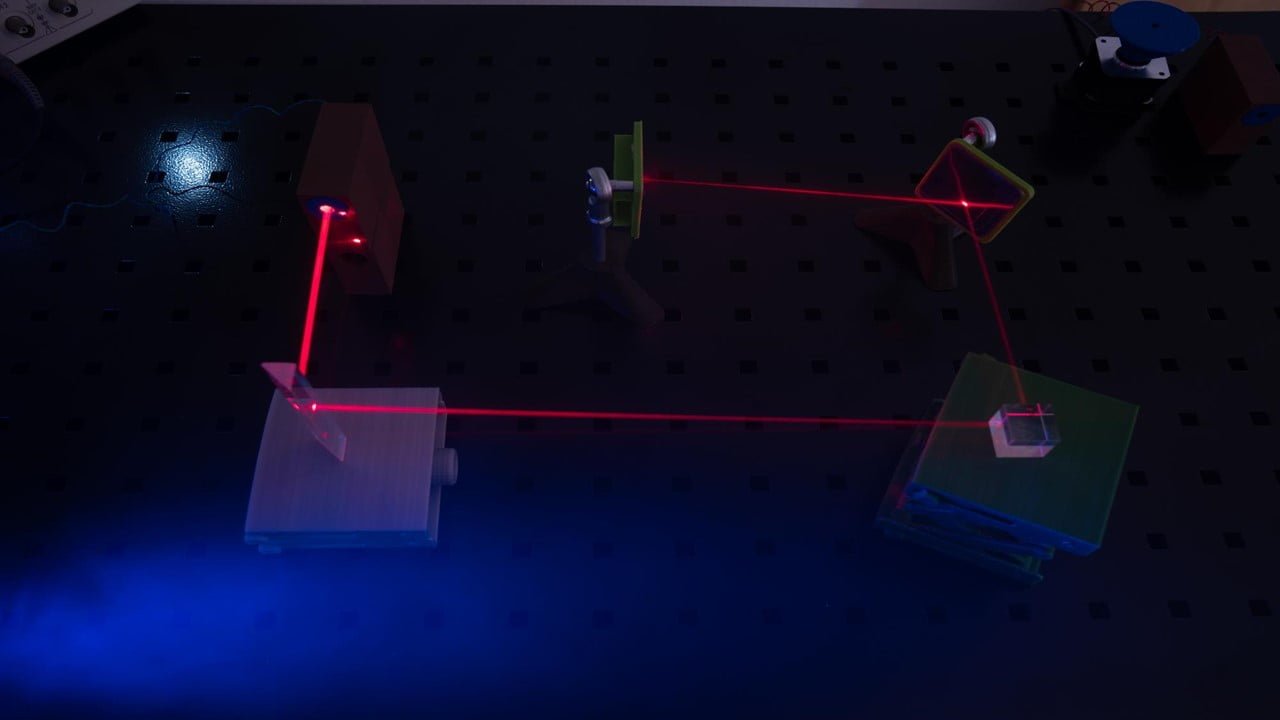
Coupled semiconductor ring lasers (Coupled lasers) can generate unique optical patterns, paving the way for advancements in spectroscopy and on-chip laser systems. Researchers demonstrated this by coupling two racetrack quantum cascade lasers (QCLs). Building on previous work with single racetrack QCLs exhibiting “dark” light pulses (Nozaki-Bekki solitons), the team investigated the effects of strong coupling [..]
Read More
The increasing need for robust digital security has spurred the development of innovative encryption methods. Researchers have recently unveiled a novel optical system leveraging holograms to encode information, creating a virtually impenetrable layer of security. This holographic encryption breakthrough promises to revolutionize secure communication channels and safeguard sensitive data. This new system utilizes holograms to [..]
Read More
Hypotonia is a serious condition that numerous things can cause. It can make it difficult for infants to move and breathe. In the past, it was not easy to diagnose hypotonia’s cause. However, recent advances in genomic sequencing have made it possible to diagnose infants with hypotonia more quickly and accurately. A new study has [..]
Read More
A team of researchers has developed a new, ultra-thin metasurface that can generate circularly polarized light. This breakthrough could lead to more compact optical devices and has implications for medical imaging, communications, and quantum physics. Traditional methods for producing circularly polarized light are often bulky and inefficient. However, the new metasurface is only a few [..]
Read More
In a groundbreaking study, researchers have demonstrated how to make optical frequency comb lasers more sensitive by using quantum squeezing. This technique can double the speed of gas detectors, making them faster and more accurate. Optical frequency combs are lasers that emit light in a wide range of frequencies. They are used in a variety [..]
Read More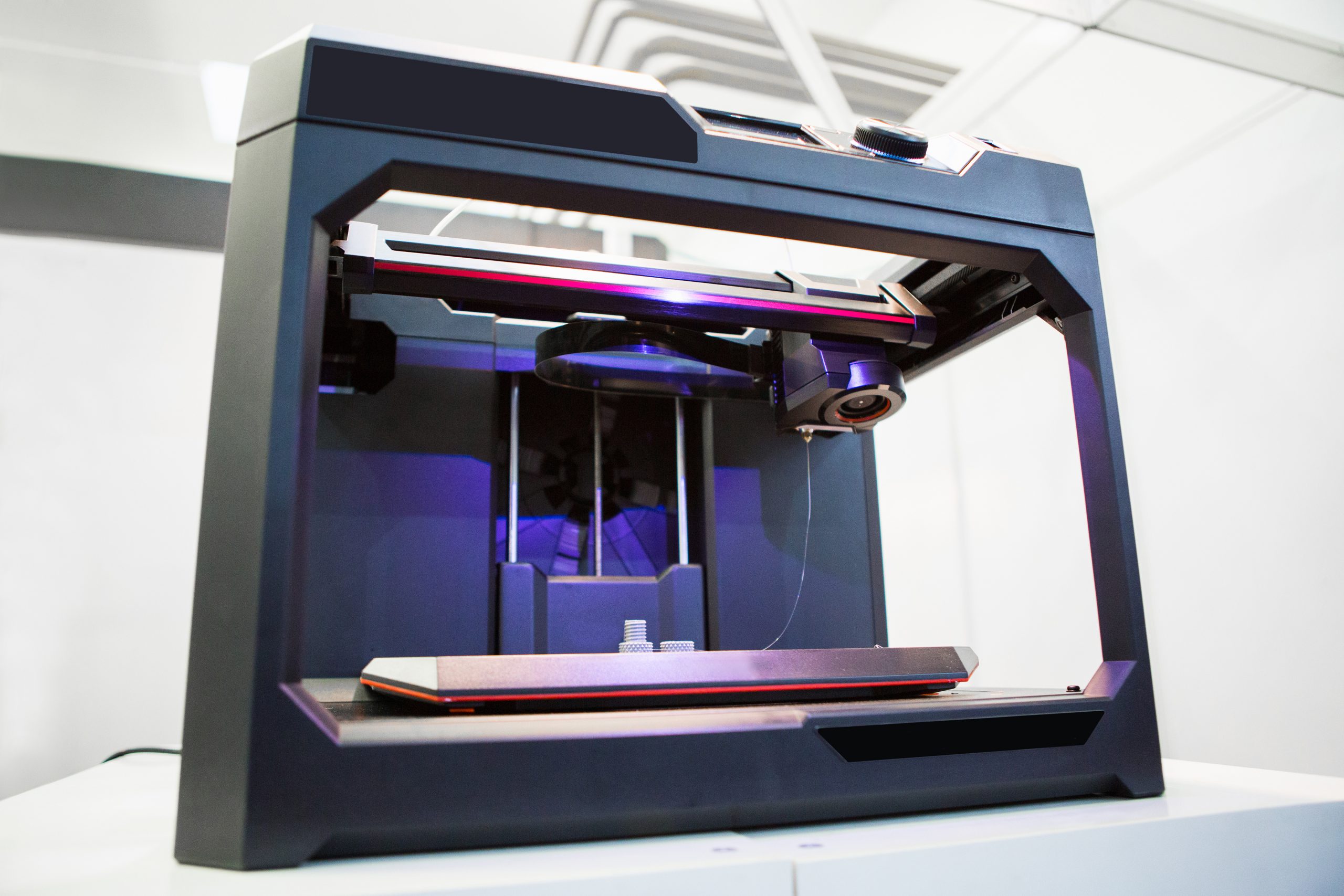
A new study highlights the potential of 3D printing to revolutionize headlight manufacturing. Researchers compared 3D printing with traditional methods like CNC machining and reverse engineering, finding that additive manufacturing offers significant cost, efficiency, and design flexibility advantages. While reliable, traditional methods suffer from high costs, slow production times, and limited design possibilities. 3D printing, [..]
Read More
Prostate cancer is one of the most common cancers among men. Accurate staging is crucial for determining the appropriate course of treatment. Traditionally, imaging techniques like CT scans and MRI scans have been used for prostate cancer diagnosis. However, these techniques have limitations in detecting the spread of cancer, particularly to distant lymph nodes. PSMA-PET [..]
Read More
Scientists have made a groundbreaking discovery with implications for the future of artificial intelligence: luminescent nanocrystals that can rapidly switch between light and dark states. This breakthrough could pave the way for faster, more energy-efficient optical computing. These “avalanching nanoparticles,” composed of potassium, chlorine, lead, and neodymium, exhibit a unique property called intrinsic optical bistability. [..]
Read More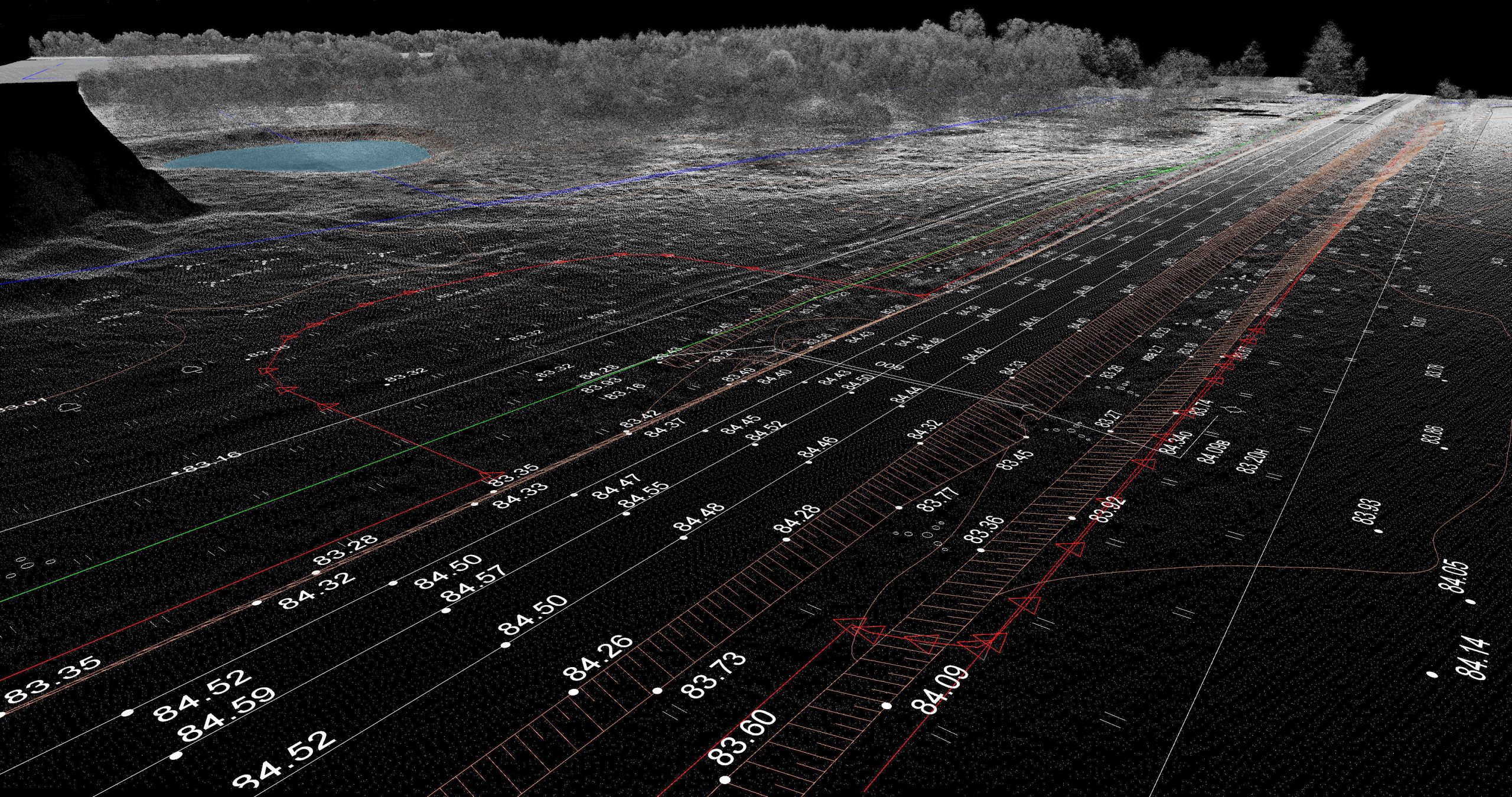
Plastic pollution in our oceans is a critical environmental challenge, impacting marine life and human livelihoods. Traditional methods for detecting and analyzing these plastics are often slow, costly, and labor-intensive. But now, a team of researchers has developed a groundbreaking solution: a hyperspectral Raman imaging lidar system that can remotely identify different types of plastics. [..]
Read More
Traditional methods for trace gas detection, like laser spectroscopy, often fall short when it comes to real-time, in situ applications. However, a new technology, microscale fiber photoacoustic spectroscopy (FPAS), is poised to change the game. Researchers have developed an all-in-one FPAS system that miniaturizes the key components. Imagine a device where the photoacoustic cell and [..]
Read More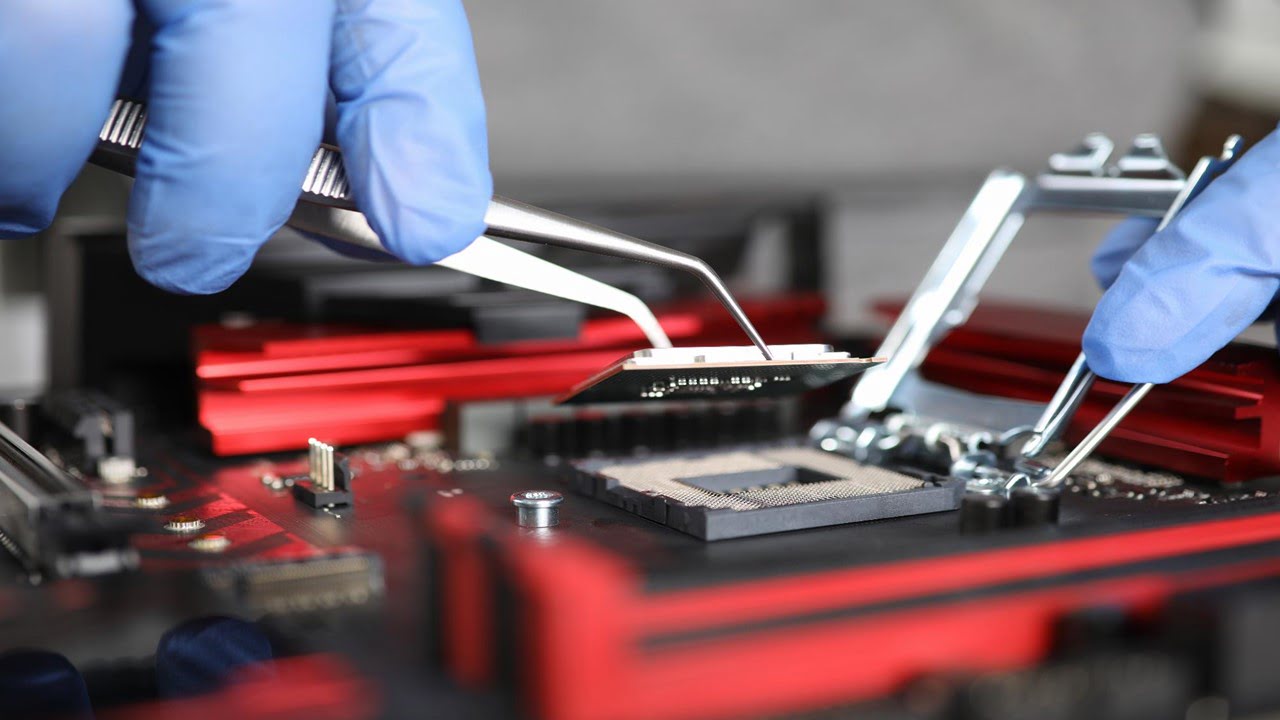
Metasurfaces, engineered surfaces with nanoscale structures, are revolutionizing the field of optoelectronics. These surfaces manipulate light in ways not possible with traditional optics, offering exciting possibilities for miniaturized and highly efficient optical devices. Recent advancements in metasurface technology have led to the development of various innovative applications, including: Compact and efficient optical components: Metasurfaces can [..]
Read More
Sea sponges, masters of underwater architecture, build intricate and robust glass skeletons. Now, scientists have harnessed the power of these marine creatures to create bio-inspired microlenses. Researchers have engineered bacteria to produce silica, mimicking the sea sponge’s bioglass. Microlenses, typically challenging and costly to manufacture, are tiny lenses about the size of a single cell [..]
Read More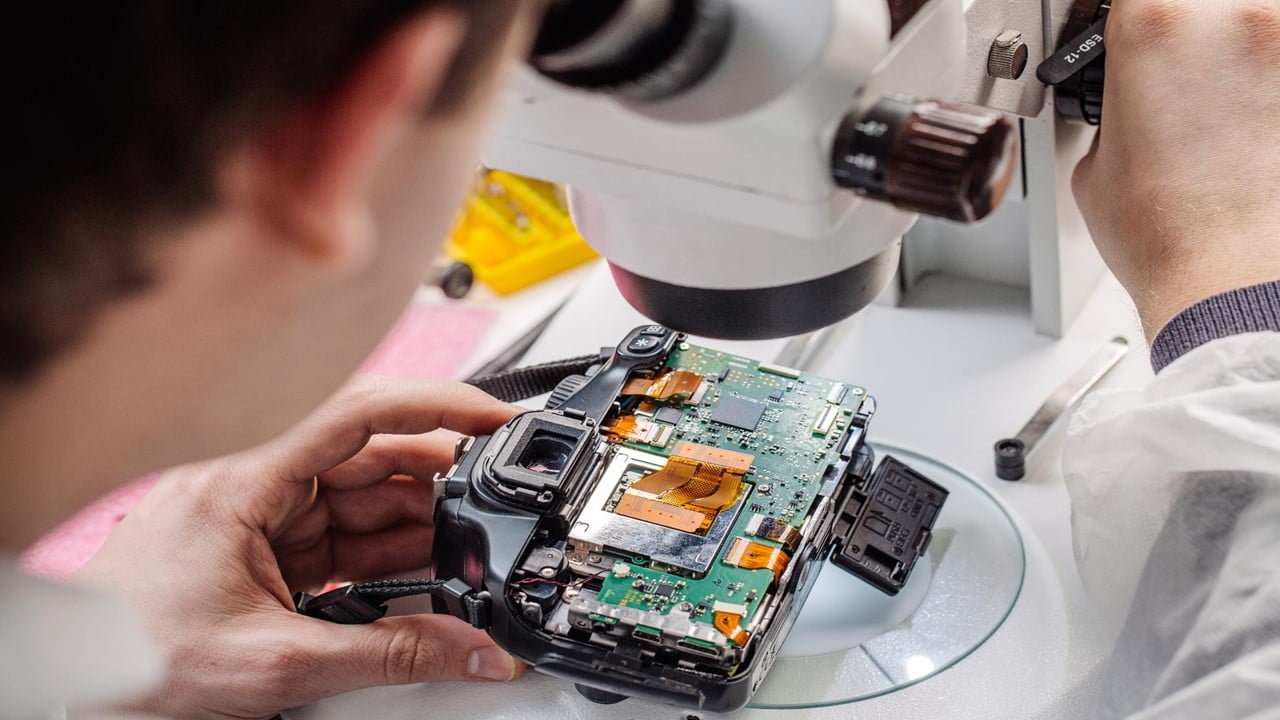
Researchers have developed a groundbreaking solar-powered synaptic device that enhances the efficiency of edge AI for optical sensing applications. This innovation addresses the growing need for real-time processing of time-series data in edge AI devices, which are crucial for predicting natural disasters and medical emergencies. The device mimics the behavior of human synapses, using physical [..]
Read More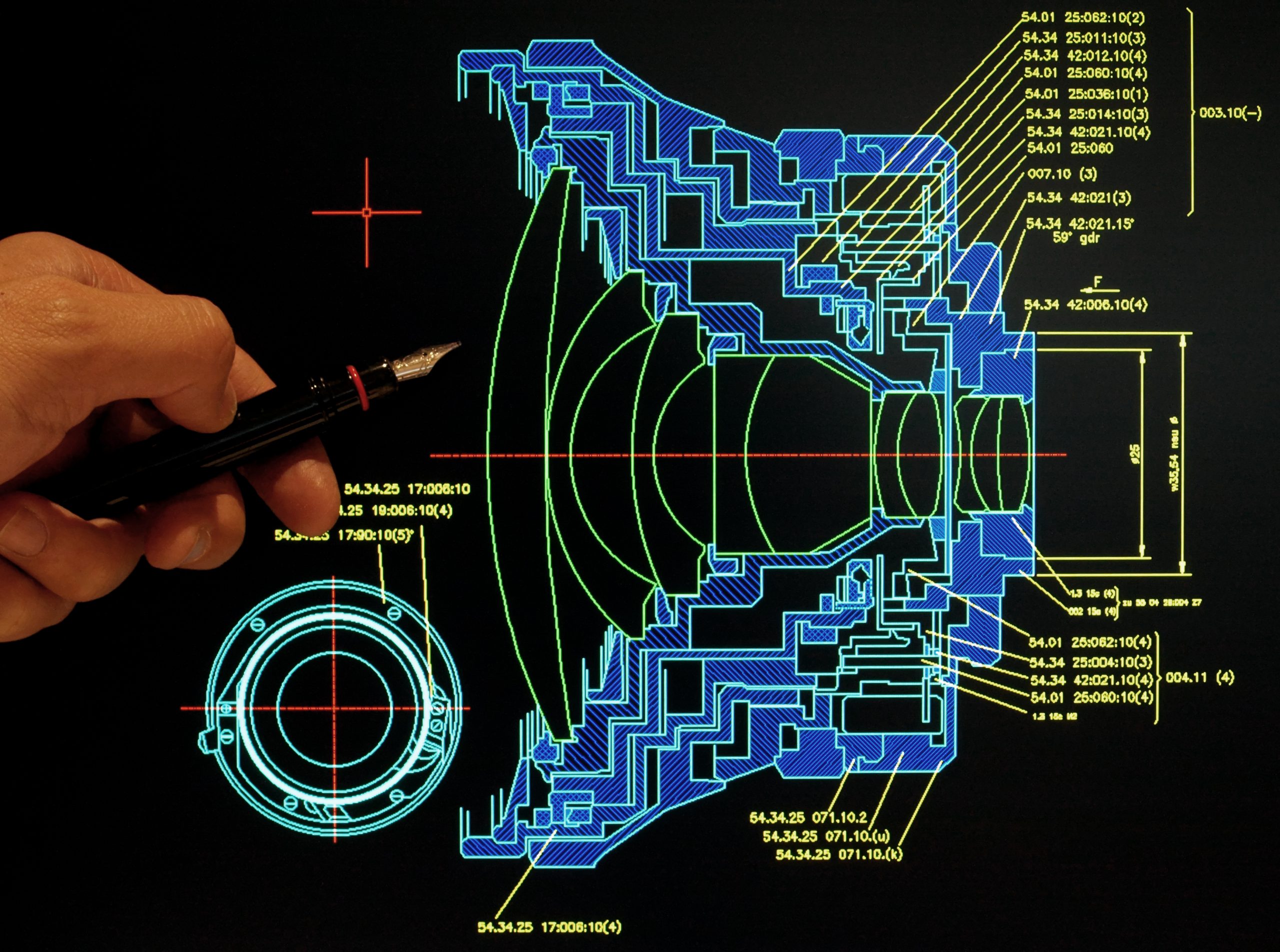
The search for dark matter has led to innovative detection strategies, especially for lower-mass candidates that interact weakly. A collaboration has proposed a novel quantum detector leveraging superfluid helium and optomechanics. This approach offers a promising path to dark matter detection in the keV mass range. Due to the extremely weak signals produced, traditional detection [..]
Read More
A team of researchers has developed a groundbreaking technique for infrared “color” detection and imaging that could revolutionize fields like thermal imaging, medical diagnostics, and space exploration. This innovative approach to LWIR detection offers a cost-effective way to overcome the limitations of current infrared technology. Traditional infrared detectors struggle to differentiate between wavelengths of infrared [..]
Read More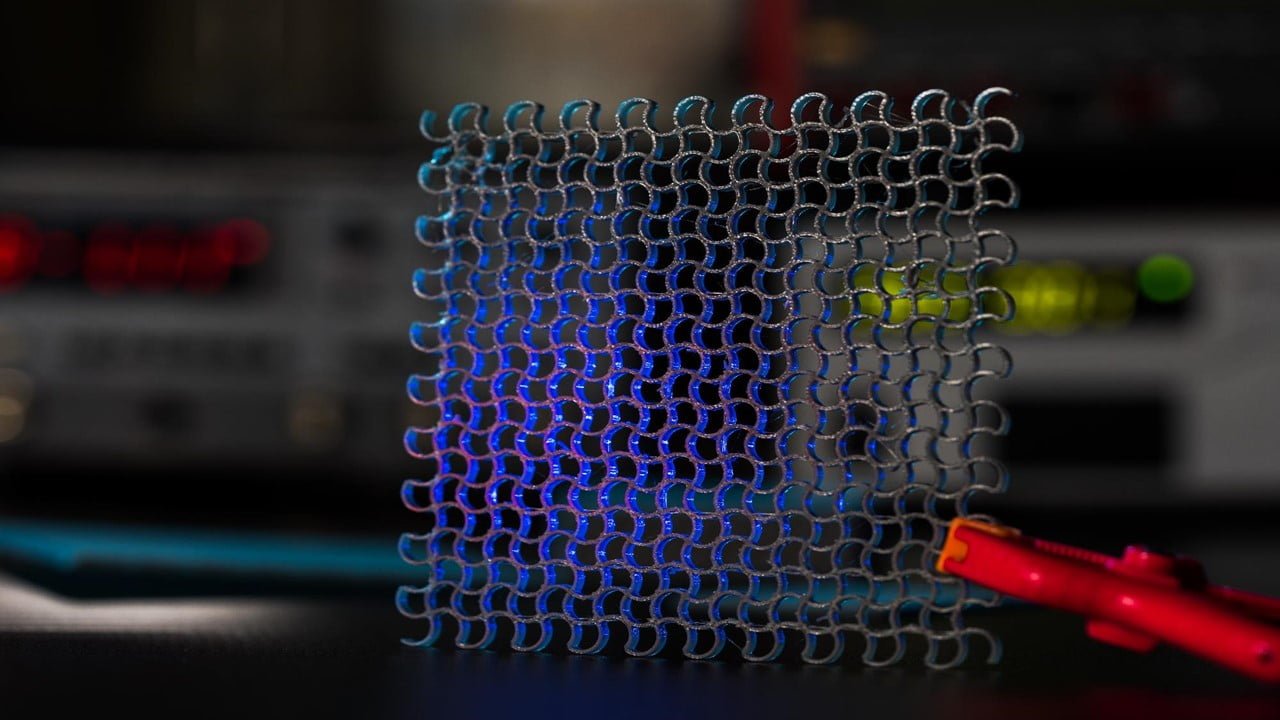
A team of researchers has developed a new type of metasurface that can trap light more efficiently than previous designs. This breakthrough could lead to the development of more sensitive and compact biosensors. The new light-trapping metasurface has a thin silicon layer with a patterned surface. The pattern is designed to trap light in a [..]
Read More